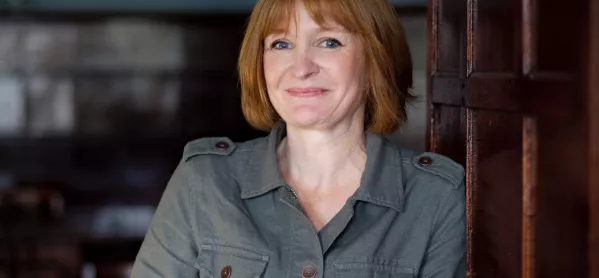How often, as a teacher, do you think about where the life of students with SEND might lead beyond school? So much of our focus can be on the short-term, of getting them ‘across the line’ to meet the progress in areas others have specified, that we can neglect the knowledge these students may actually need out in the world beyond school.
In December 2015, NHS England published Independent review of deaths of people with a Learning Disability or Mental Health problem in contact with Southern Health NHS Foundation Trust April 2011 to March 2015; this certainly gave cause for reflection on the failure of a Trust to investigate the unexpected deaths of people with learning disabilities. The review was quickly followed by claims suggesting that many other NHS Trusts were also failing to investigate the unexpected, and often early, deaths of people with learning disabilities in their care.
As the Independent Review carefully pointed out, “Each number [in the report] represents a loved one.” Some of those deaths were of young people still in education, and many of those “loved ones” will also have been identified as students with special educational needs/disabilities in their time in school.
There are, perhaps, some uncomfortable lessons to be learned from this national scandal that go beyond the NHS. The review has revealed the discrimination in a system that seems to view the deaths of people with learning disabilities as less important than those of other people. This raises an awkward question: does the education system see the futures of students with SEND as being as important as other students?
There are many individuals working in education in ways that challenge discrimination on a day-to-day basis. Indeed, educational practitioners, among a host of other professionals, often take a lead role in supporting young people and their families in planning for the future. But how can we work together to build better futures for people with SEND?
In 2016, everyone working within and with education needs to re-imagine the lives of people with SEND, beyond the narrow concerns of service provision. When thinking about the future, let’s focus on the things that make lives worth living: fun, friendships, relationships and interesting days, be they filled with education, paid work, volunteering or being part of a family or community.
Dr Katherine Runswick-Cole is a senior research fellow in disability studies and psychology at the Social Change: Community Wellbeing Research Centre at Manchester Metropolitan University. She tweets at @k_runswick_cole
Put your point across on TES Community
Want to keep up with the latest education news and opinion? Follow TES on Twitter and like TES on Facebook




